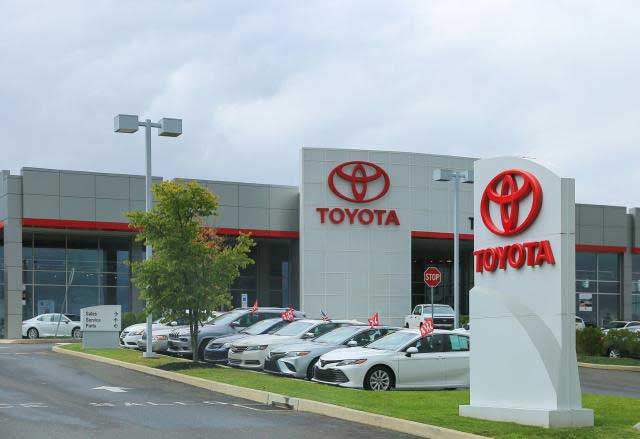How the Toyota company was created
The Toyota Motor Corporation, one of the world’s largest and most successful automotive manufacturers, has a rich history that traces back to the early 20th century. The company’s journey is marked by innovation, resilience, and a commitment to quality that has made Toyota a global household name.
The Early Years
Toyota’s roots can be traced to the vision and determination of Kiichiro Toyoda, the son of Sakichi Toyoda, a renowned inventor and industrialist in Japan. Sakichi Toyoda had already established the Toyoda Automatic Loom Works, a successful textile machinery business. Inspired by the principles of lean production and continuous improvement, the Toyoda family ventured into the automotive industry.
Foundation of Toyota Motor Corporation
In 1937, Kiichiro Toyoda established the Toyota Motor Corporation. The company was built on the philosophy of “Lean Manufacturing” or “Just-In-Time Production,” which aimed to eliminate waste and optimize efficiency. This philosophy would later become known as the Toyota Production System (TPS). The first car produced by Toyota was the Model AA, a luxury car that set the stage for the company’s foray into the automobile market.

Challenges and Resilience
Toyota faced numerous challenges during its early years, including the impact of World War II, where the company shifted its focus to the production of trucks for the Japanese military. Post-war, the Japanese economy was in shambles, but Toyota’s commitment to innovation and efficiency allowed it to adapt and rebuild.
The Toyota Production System (TPS)
The key to Toyota’s success lies in the development of the Toyota Production System. This revolutionary manufacturing approach emphasized the elimination of waste, continuous improvement, and a focus on quality. Techniques such as Just-In-Time production and the Kanban system were pioneered by Toyota, setting new standards for efficiency in the automotive industry.
Global Expansion
In the 1950s and 1960s, Toyota began its global expansion, exporting cars to the United States and Europe. The launch of the Toyota Corolla in the 1960s marked the beginning of a new era for the company, as the Corolla would go on to become one of the best-selling cars in automotive history.
Embracing Hybrid Technology
In the late 20th century, Toyota demonstrated its commitment to environmental sustainability with the introduction of the Prius, the world’s first mass-produced hybrid car. The Prius set the stage for the widespread adoption of hybrid technology and showcased Toyota’s dedication to innovation and environmental responsibility.
Overcoming Challenges
Toyota has not been without its challenges. In the early 21st century, the company faced recalls and quality issues that tested its reputation. However, Toyota responded by implementing robust quality control measures, reaffirming its commitment to safety and customer satisfaction.
The Future of Toyota Company
As of my last knowledge update in January 2022, Toyota continues to be a major player in the global automotive industry. The company has been investing heavily in research and development, with a focus on electric and hydrogen fuel cell vehicles. Toyota’s commitment to sustainability, innovation, and quality positions it as a leader in the evolving automotive landscape.
The story of Toyota is one of resilience, innovation, and a steadfast commitment to principles of efficiency and quality. From its humble beginnings in Japan to its status as a global automotive giant, Toyota’s journey is a testament to the power of visionary leadership, a dedication to continuous improvement, and an unwavering focus on meeting the evolving needs of consumers worldwide.



